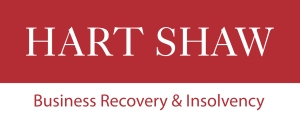Hart Shaw is holding a fringe event as part of the MADE seminar on Friday 21st September in the Sheffield City Hall.
Business start-up and growth MADE easy:
Practical tips to succeed in business
A MADE fringe event with business experts Hart Shaw
Putting a viable business idea into practice requires a lot of careful thought and consideration. Once you are ready to introduce your business to the world, in many instances you have only one chance to get it right.
We are all aware of the tough economic conditions at present in the UK. What you need to know is how to successfully set-up and manage your business through these difficult times in order to grow and be a success.
Chartered Accountants & Business Advisers, Hart Shaw are presenting a seminar on the practical Do’s and Don’ts when it comes to successfully setting up and managing a business. Topics for discussion during the hour long seminar will include:-
- Cash flow management
- Understanding your business
- Access to finance
- Managing your customers and suppliers
- Getting your terms and conditions right
- Risk management
- Legal structure
- Tax hints & tips
Join Steve Vickers, Tax Partner, Christopher Brown, Business Recovery Partner and Steve Bell, Head of Corporate Finance from Hart Shaw for a crucial insight into how a thorough review of your business operations can deliver long term success.
The details are:
- Friday 21st September 2012
- Sheffield City Hall
- 2pm to 3pm
The seminar is FREE to attend, however you will need a MADE festival ticket to gain access to the main City Hall event.
To confirm your attendance please contact the Enterprise Gateway on 0800 043 5522.
We look forward to seeing you there.
In association with the Entrepreneurs Exchange

